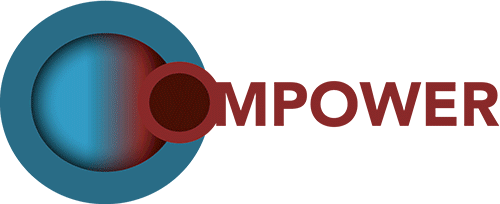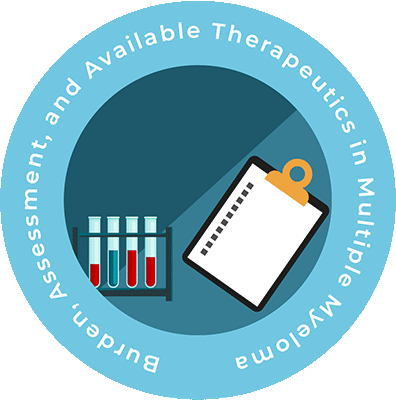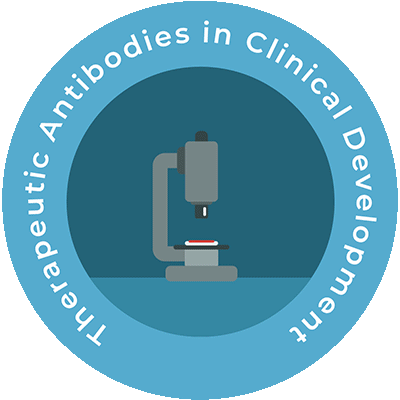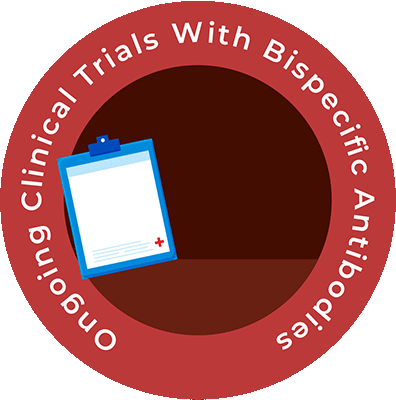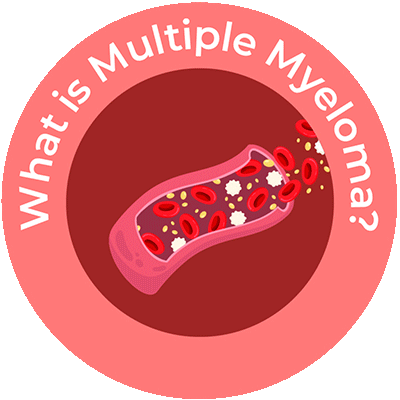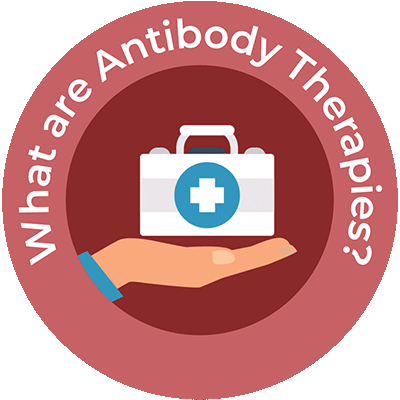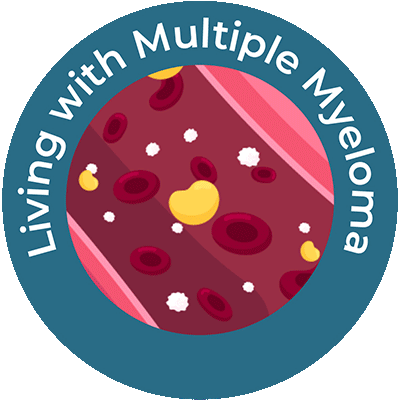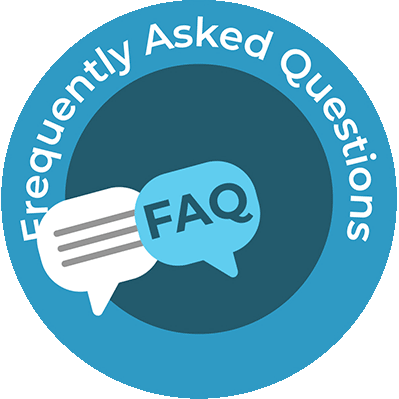This activity is provided by Med Learning Group.
This activity is supported by an independent medical education grant from Regeneron Pharmaceuticals, Inc.
Copyright © 2024 Med Learning Group. Built by Divigner. All Rights Reserved.

The Association of VA Hematology/Oncology (AVAHO) is a non-profit organization dedicated to improving the lives of Veterans diagnosed with cancer and hematologic disorders. AVAHO’s current membership of nearly 1000 healthcare professionals is comprised of medical, surgical, and radiation oncologists, hematologists, pharmacists, mid-level providers, cancer registrars, social workers, and allied healthcare professionals from across the country. To advocate for quality comprehensive cancer care for Veterans, AVAHO supports and provides educational activities, networking opportunities and facilitates improved research capabilities for hematology/oncology professionals within the VA healthcare system. AVAHO looks forward to expanding its member base, creating an environment for continuous support and development for both Veterans and the providers who deliver their outstanding care.
or Contact:
Julie Lawson, M.A.
Executive Director, Association of VA Hematology/Oncology (AVAHO)
